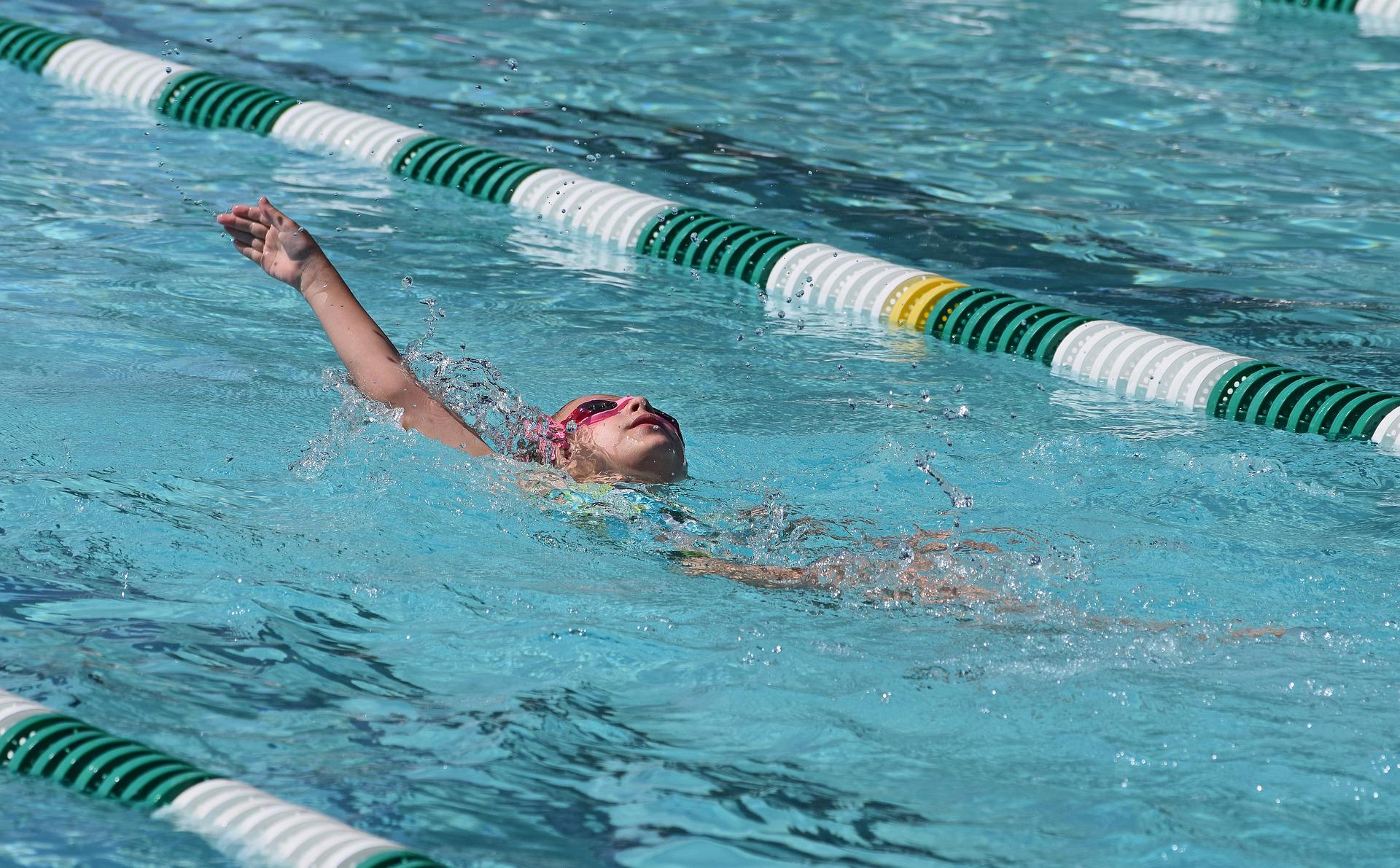Attachments
Note: Not all attachments are visible to the general public. Research URLs will go live after the embargo ends.

Journal/
conference: JAMA Network Open
conference: JAMA Network Open
Research:Paper
Organisation/s:
Murdoch University
Funder:
This study was supported by grants from the Spanish Ministry of Economy and
Competitiveness (DEP2013-47540, DEP2016-79512-R, and DEP2017-91544-EXP), European Regional
Development Fund (ERDF), the European Commission (667302), and by the Alicia Koplowitz Foundation.
Additional funding was obtained from the Andalusian Operational Programme supported with ERDF (FEDER in
Spanish, B-CTS-355-UGR18). This study was additionally supported by the University of Granada, Plan Propio de
Investigación, Visiting Scholar grants and Excellence actions: Units of Excellence; Unit of Excellence on Exercise,
Nutrition and Health (UCEENS) and by the Junta de Andalucía, Consejería de Conocimiento, Investigación y
Universidades and the ERDF (SOMM17/6107/UGR). This study was further supported by the EXERNET Research
Network on Exercise and Health (DEP2005-00046/ACTI) and by the High Council of Sports (09/UPB/19). Dr
Mora-Gonzalez was supported by grants from the Spanish Ministry of Science and Innovation (FPU 14/06837) and
the Junta de Andalucía. Dr Cadenas-Sanchez has been supported by grants from the Spanish Ministry of Science
and Innovation (FPI-BES-2014-068829 and FJC2018-037925-I). Dr Esteban-Cornejo is supported by the Spanish
Ministry of Science and Innovation (FJCI-2014-19563, IJCI-2017-33642, and RYC2019-027287-I). Dr Migueles has
been supported by the Spanish Ministry of Science and Innovation (FPU15/02645). Dr Solis-Urrawas supported by a grant from the National Agency for Research and Development (ANID)/BECAS Chile/72180543. Dr Verdejo-
Román is supported by the Spanish Ministry of Science and Innovation (FJCI-2017-33396, IJC2019-041916-I). Dr
Rodriguez-Ayllon has been supported by the Ramón Areces Foundation. This work is part of a PhD thesis
conducted in the Doctoral Programme in Biomedicine of the University of Granada, Granada, Spain.



 Australia; International; WA
Australia; International; WA


